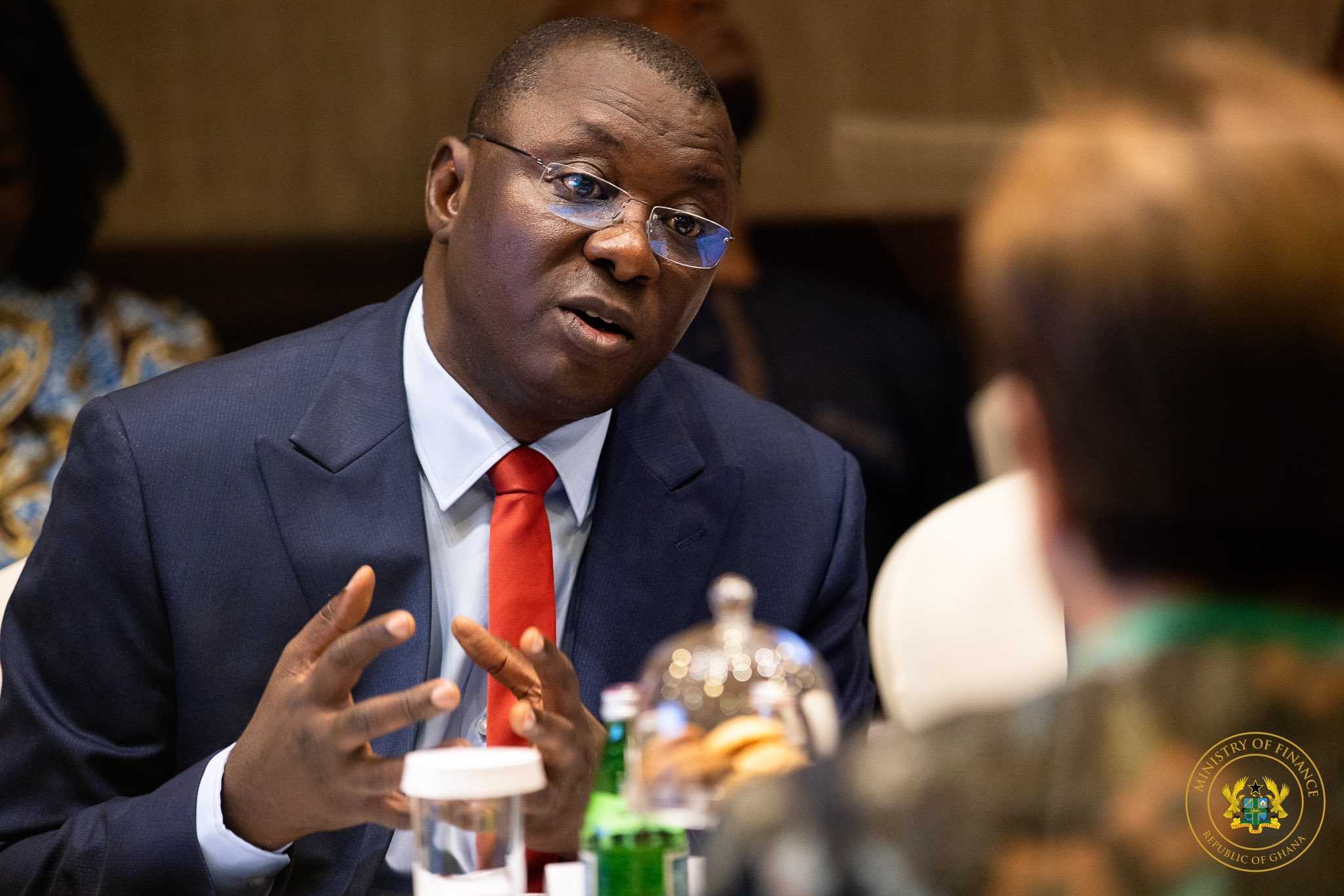After successfully negotiating a deal with its bilateral and Eurobond holders, the government has now turned its attention to private banks and suppliers who the government owes about $1 billion.
The negotiations with these creditors who form part of the country’s commercial creditors are aimed at providing some debt relief to the country.
It comes after the government announced a deal with Eurobond holders to restructure a $13 billion debt.
The deal with holders is expected to lead to a debt cancellation of $4.7 billion and debt service relief of $4.4 billion between 2023 and 2026.
It also comes months after the government formalised its agreement with bilateral creditors to restructure its $5.1 billion debt. This deal is also expected to result in a debt service relief of $2.8 billion between 2023 to 2026.
The government has also concluded negotiations with five of the seven Independent Power Producers, which will lead to a saving of some $6.6 billion over the lifetime of the Purchasing Power Agreements (PPAs).
Presenting the mid-year budget to Parliament, the Minister of Finance, Dr Mohammed Amin Adam, said the government remained committed to engaging in good faith negotiations with the other commercial external creditors, comprising primarily private banks and suppliers or contractors that have provided commercial loan facilities.
“Our objective is to finalise restructuring agreements with these creditors that uphold the principle of comparability of treatment and address Ghana’s requirement for debt relief, ensuring a comprehensive and sustainable approach to our external debt obligations,” he stated.
Crucial pillar
Dr Adam said the debt restructuring activities have been a crucial pillar of Ghana’s economic recovery, following the 2022 crisis.
He said it has helped to restore confidence in the economy and helped in the rapid restoration of macroeconomic stability and debt sustainability; avoidance of steeper fiscal adjustment; creation of fiscal space for development spending; and prevention of a domestic and external banking crisis.
“Despite the benefits, we remain committed to exercising caution, informed by the lessons learned from our experiences and the sacrifices of every Ghanaian.
“Our debt strategy going forward includes deepening reforms to ensure irreversibility and building buffers to reduce vulnerabilities and enhance resilience,” he said.
Local bondholders
Dr Adam also disclosed that the government has paid GH¢12 billion to bondholders under the Domestic Debt Exchange programme, since February, to demonstrate its commitment to the programme.He said the government has made substantial progress since the completion of the Domestic Debt Exchange Programme (DDEP) in September 2023.
“We have successfully honoured two coupon payments, with the second payment of about GH¢5.9 billion in February 2024.”
“Furthermore, we are on track to make the third coupon payment of GH¢6.1 billion in August 2024. The timely payments of these coupons will undoubtedly improve investor confidence in the domestic market and bolster the overall economy,” he said.
Decisive measures
The Finance Minister said the government has over the last two years embarked on a number of decisive measures to get the economy back on the path of fiscal consolidation, economic stability and growth.
He said those policies were yielding the expected results, as growth continued to exceed expectations.
The 4.7% growth rate recorded in the first quarter of the year exceeds the revised target of 3.1%. Inflation has also declined from the peak of 54.1% in December 2022 to 22.8% in June 2024.
Gross International Reserves also reached 3.1 months of import as at end June 2024 against 2.5 months of imports in the same period last year.
“It is evident that we are on the right trajectory. The economy is rebounding stronger than anticipated. The choices we have made and the policies we are implementing are yielding results.
“We have reversed the negative trends; all the indicators are looking better. I want to assure you that we will stay on this path and continue to make the right choices. Our economic recovery is fast and strong,” he said.
He said the government has over the last six months sought to bring some urgency and speed to the implementation of key government programmes and also swiftly provided the necessary support for growth-enhancing initiatives.
Public debt
The provisional total central government debt as of June 2024 stood at GH¢742.0 billion (US$50.9 billion), equivalent to 70.6% of GDP.
Dr Adam said that indicated an increase of 22% due to the effect of the Cedi depreciation and the continuous disbursements from creditors.
The stock consists of external debt of GH¢452 billion and domestic debt of GH¢290 billion, representing 60.9% and 39.1% of the total debt stock, respectively.
As a percentage of GDP, external and domestic debt represented 43% and 27.6%, respectively Dr Adam said the 2024 Medium-Term Debt Management Strategy (MTDS) would continue to build on the strategy implemented in the first half of the year.
He said the strategy would focus on an appropriate financing mix aimed at supporting fiscal consolidation without compromising macroeconomic stability and debt sustainability.
















